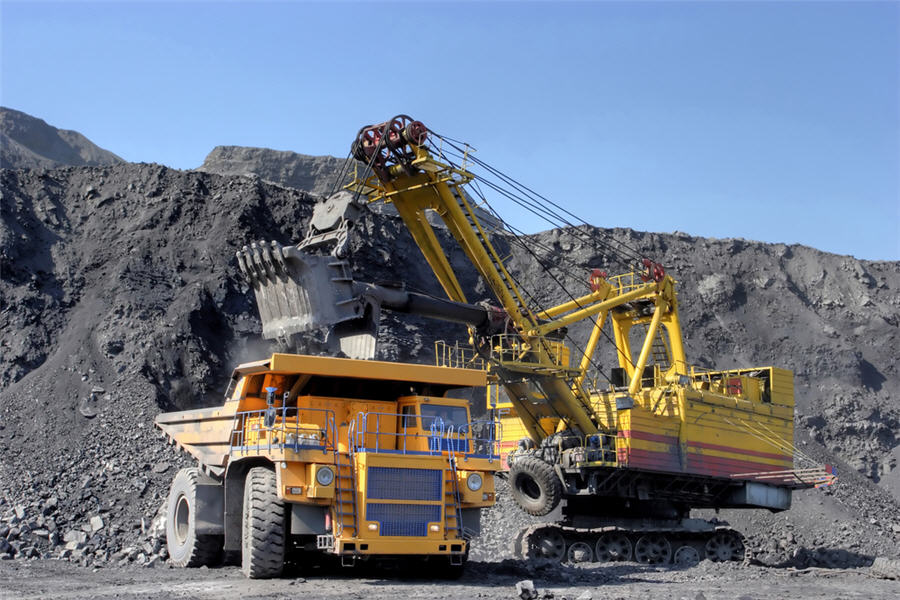The prospect of the newly-inaugurated Kolmani oil field between Bauchi and Gombe states is good news for Nigeria as it would add to the country’s oil reserves and diversify the oil industry away from the Niger Delta Region.
The discovery of oil in the north also opens a new vista of prospects for oil and other mineral resources in the country. But the development also has its own implications.
It is imperative that the federal government takes steps aimed at ensuring that the experience of the Niger Delta does not repeat itself in other parts of the country where theft and violence become the order of the day. And that applies not only to the oil industry but also to the mining subsector as a whole.
The global energy industry is currently at a watershed. Focus is fast shifting from the use of fossil to renewable energy. That is why when the news broke last year by the minister of mines and steel development, Olamilekan Adegbite, that a hefty deposit of gold has been discovered along the Abuja-Nasarawa axis through the National Integrated Mineral Exploration Project (NIMEP), undertaken by the ministry, it was a cause for glee.
At least, the ministry’s N15 billion investment in the prospect has yielded good fruit. The investment has generated geoscience data that has gotten foreign investors excited about the mining prospects in the country.
The discovery also brightens hope that Nigeria’s solid minerals industry is solid enough to fall back on when the value of fossil fuel eventually becomes less significant.
In developing solid minerals industry such as gold, however, there is a caveat that is worthy of attention, security. As a matter of fact, no industry can thrive in the absence of appreciable security, and gold, as a commodity, is no exception.
A case in point is the beehive of criminal activities that have engulfed Zamfara State due to the attraction of gold. Although Adegbite has allayed the concerns of the Nasarawa State Government about the menace of illegal gold mining snowballing in the state due to the large deposits of gold, it is worth noting that the federal government had reiterated its ban on gold mining in Zamfara due to banditry. By implication, the fear of gold attracting criminal elements in Nasarawa State is not without reason.
Considering the structure of homeland security of Nigeria, in which state governments depend on the federal government for security, it is incumbent upon the federal government to shore up a monopoly of violence against criminal elements.
By so doing, the federal government would in an overt manner be assuring investors of a clement investment climate for both local and foreign capital to develop the sector.
As of 2015, according to the National Bureau of Statistics, the mining sector was contributing between 0.5 per cent and 0.6 per cent to the country’s GDP.
The low contribution of the mining sector to the nation’s GDP has not always been the case as Nigeria once had a booming mining industry. Like the agricultural sector, the discovery of oil resulted in the gradual neglect of the mining sector. Before the oil boom, Nigeria’s economy was largely sustained by agriculture and the exploration of solid minerals. As the value of the oil sector is waning, the mining industry must be revived.
Nigeria’s mining sector is diverse in mineral resources, including high-value commodities. Forty-four different types of minerals of high value are identified in more than 500 locations around the country. The federal government, over the last decade, has identified minerals considered to be of economic importance in Nigeria occurring in many locations across the 36 states and the Federal Capital Territory (FCT).
Adequate security is no doubt a sine qua non to developing those mineral deposits into viable economic assets. Providing the needed should not be a matter of choice for the federal government; it’s a matter of primal responsibility.
The same is true of the oil industry.





